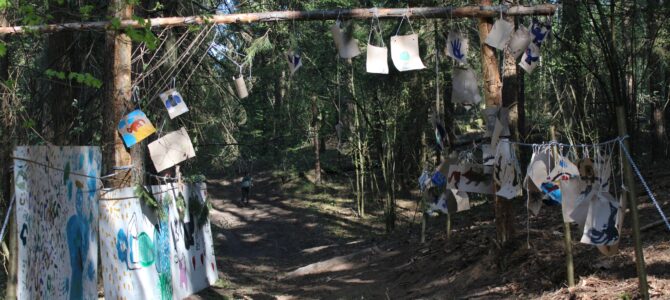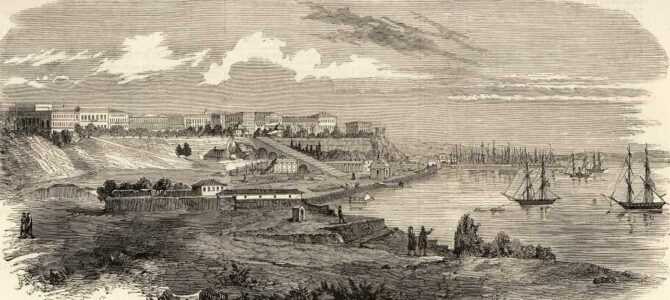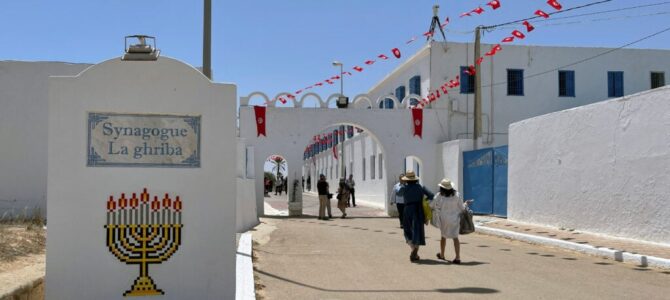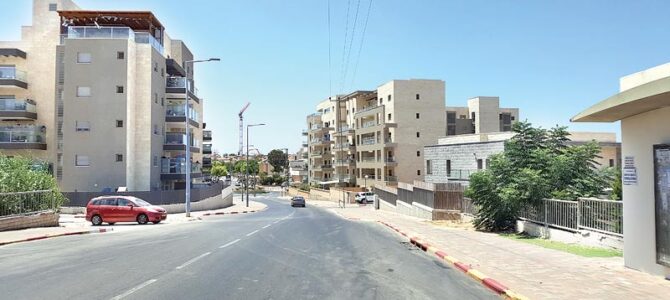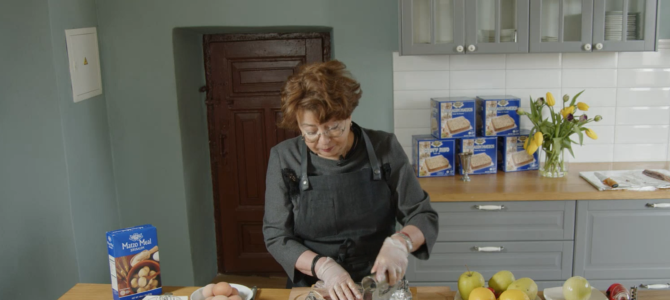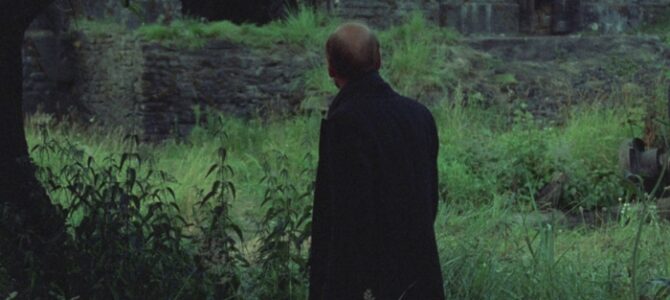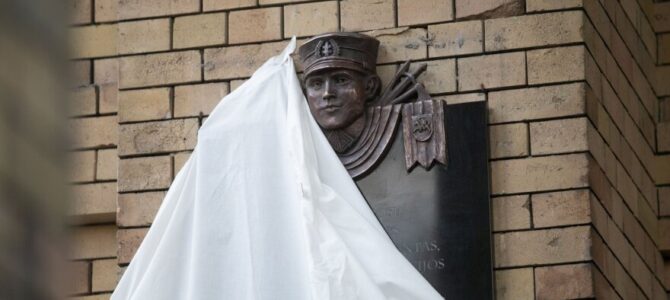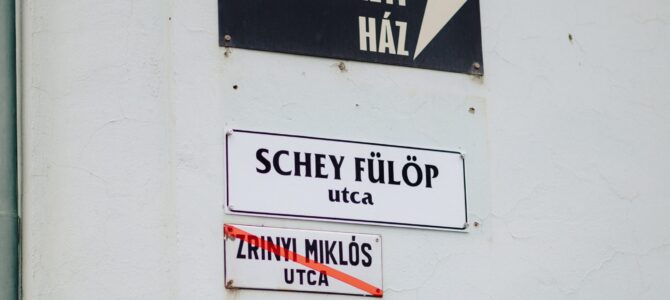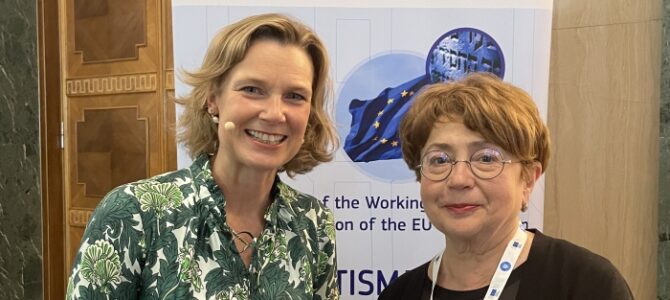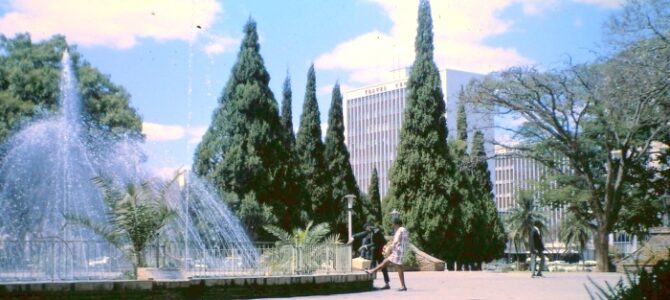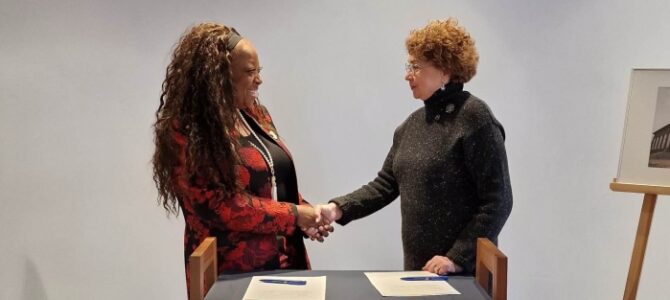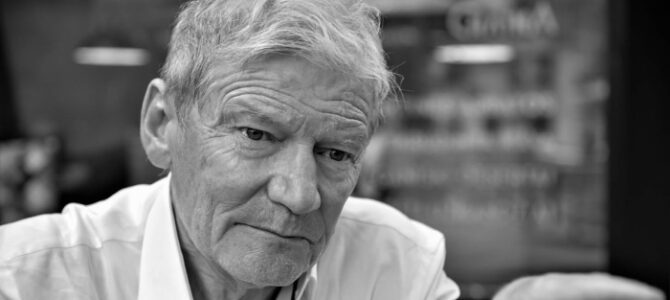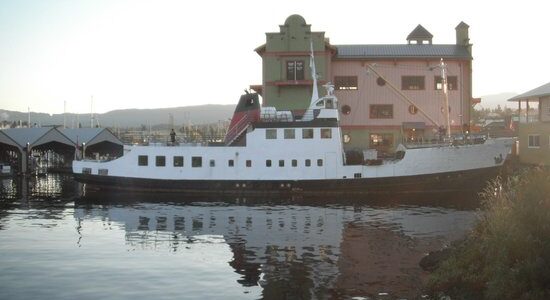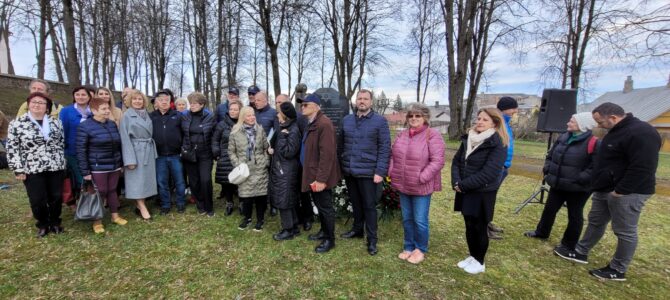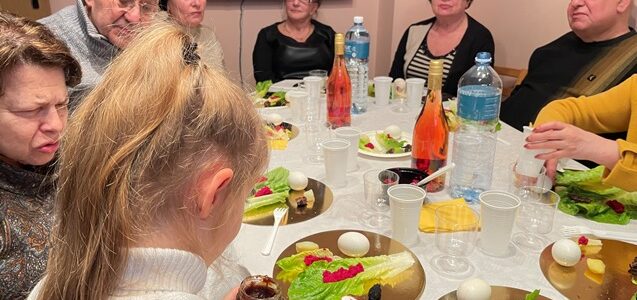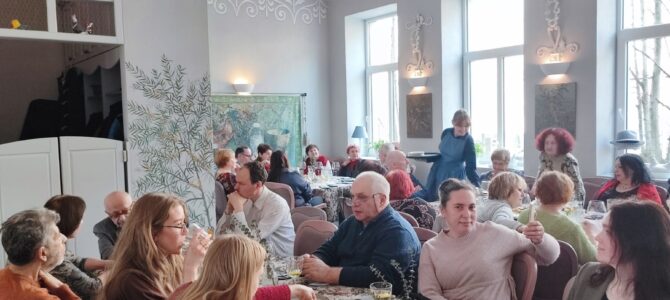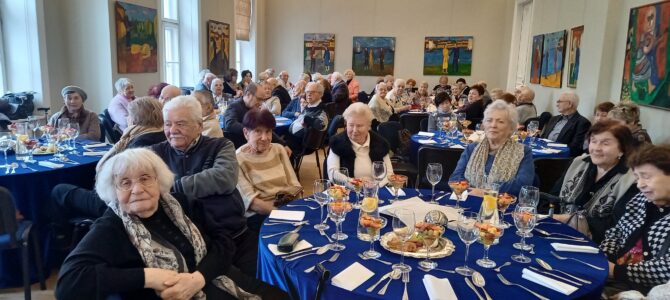by Ignas Staškevičius, from recordings made on June 27, 2018, and June 26, 2019, in Vilnius
Q.: Mark, let’s begin with this question: how do you understand yourself?
A.: I believe I don’t understand myself fully.
I understood myself once in 1991. When I unexpectedly found myself [in a crowd] in Kaunas, defending the last… Defending… What sort of defense was that? Across the street from the so-called last free television station on Daukanto street I unexpectedly found myself in a crowd because I wanted to replace the announcer who was proclaiming in English: “S.O.S., nations of the world save us, this is the last free station in Lithuania!” But he was whining this over the air like some sort of famished kitten, so I decided the nations of the world wouldn’t understand a word of what he was saying, and I offered to replace him. I walked eleven kilometers from my house buried in snow, it was January, buried up to the door handle. No automobiles were driving. I walked eleven kilometers to the center of Kaunas because I decided to help, and there I found thousands of people and found myself facing tanks which were snoozing on the next street over. They weren’t moving, they were idling, and the barrels were so long that my entire classroom of students could’ve sat on one barrel. So then I went to the hotel across the street, back then there were these pay telephones which cost two kopeks, I inserted them and called the editorial office, saying: “You need to replace the announcer, what is he mumbling over there? Nobody understands him at all. You need a person who speaks English normally if you want to announce to the world you are perishing.” But they had already found someone, there was this woman from California in Kaunas at the time, and I finally heard abroad American pronunciation, a broad normal southern accent which reminded me of Voice of America a little bit, and everything was fine.
